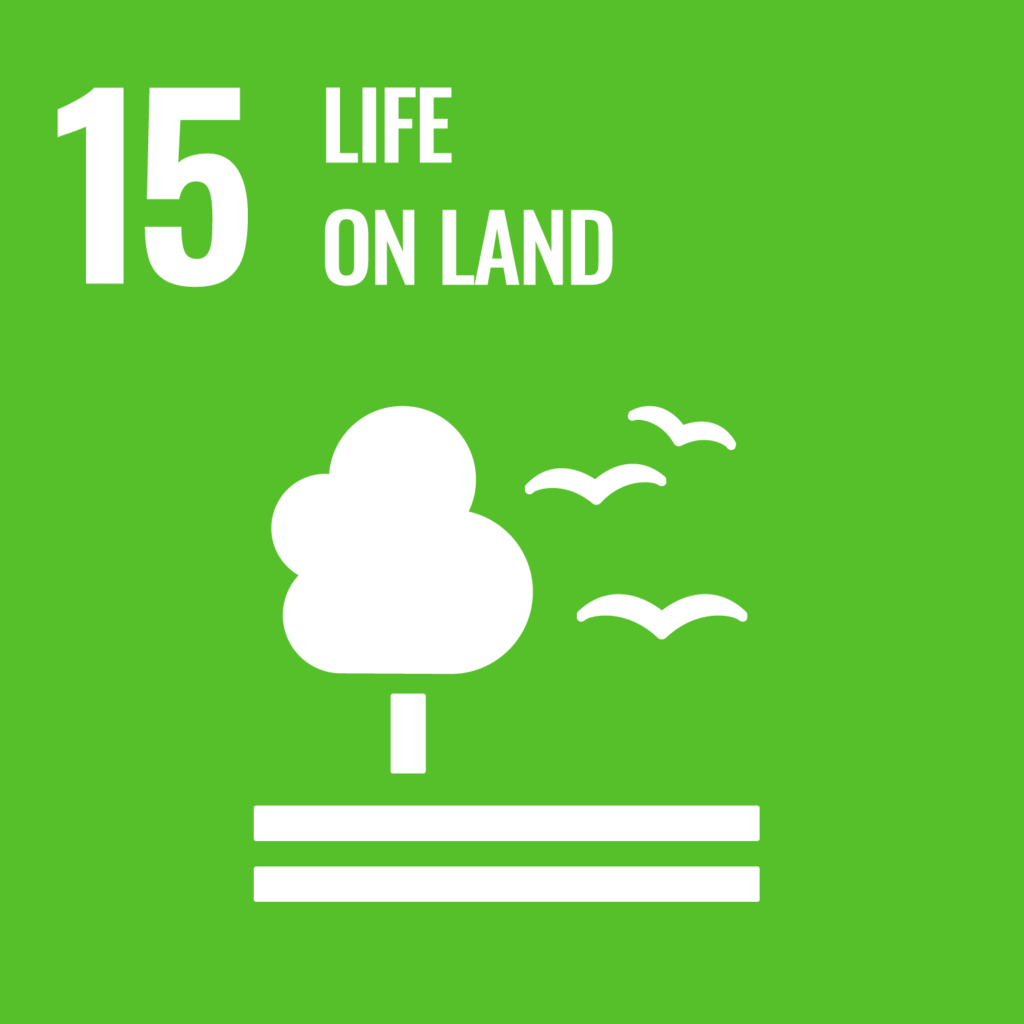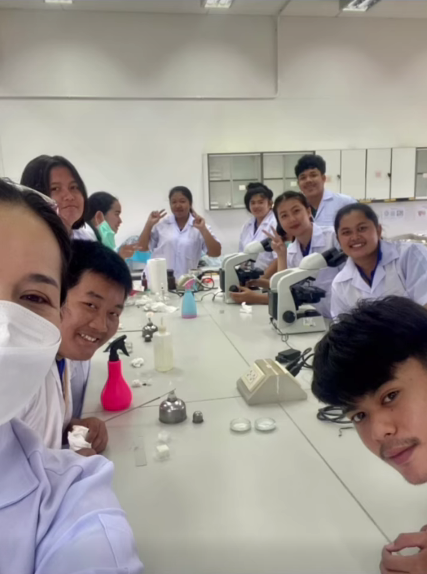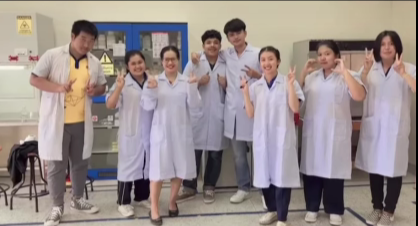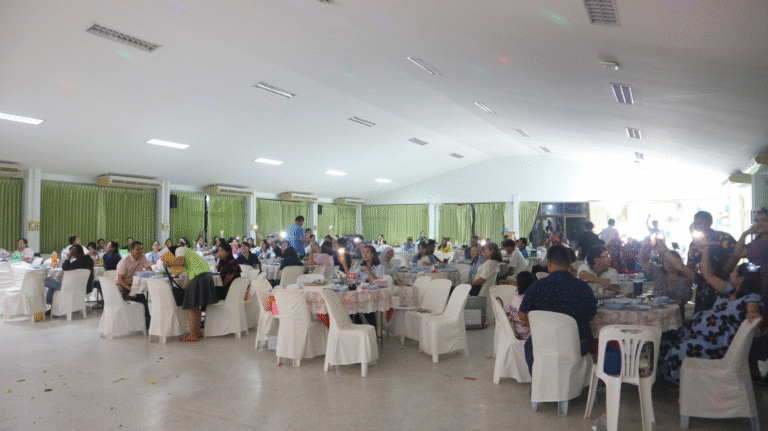Reporters: Asst.Prof.Dr. Prapot Maliwan
Assoc.Prof.Dr. Pornsil Seephueak
Asst.Prof.Dr. Nion Chirapongsathonkul
Asst.Prof.Dr. Worawitoo Meesook
Evidence Date: during 2023 Jan-Dec
Related SDGs:

Related Indicators: 15.4.3
Details: In the subject “Plant Disease and Management” at RMUTSV, students gain hands-on experience in waste dispersal management specifically tailored to lab environments involving microbial pathogens. Throughout this course, students engage in laboratory work focused on identifying and studying microorganisms associated with plant diseases, such as bacteria, fungi, and viruses. To prevent accidental release of these pathogens into the environment, they learn proper disposal and decontamination methods. The course emphasizes sterilization techniques, teaching students to effectively kill microbial pathogens using methods like autoclaving and chemical disinfectants before any waste leaves the lab.
By incorporating waste dispersal management into their studies, students develop an understanding of responsible laboratory practices and environmental safety protocols. They learn not only the scientific aspects of pathogen control but also the importance of maintaining ethical standards in biological research. Waste management practices in this subject align with national safety regulations, ensuring that students are equipped to follow best practices. Regular assessments and practical exercises reinforce these skills, preparing students for future roles in research and plant pathology. This educational approach instills a sense of accountability and care for the environment, aligning with sustainable practices in agricultural science and beyond. Through this training, students gain the knowledge to conduct research safely and sustainably, minimizing their impact on the environment.


Related Links: https://www.facebook.com/reel/777961304172887?locale=th_TH



